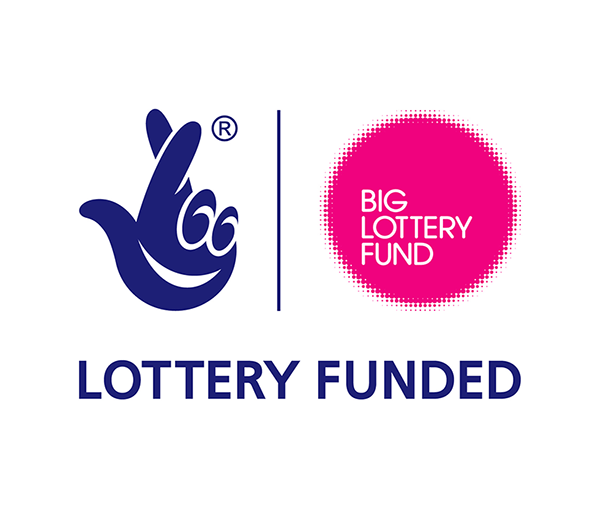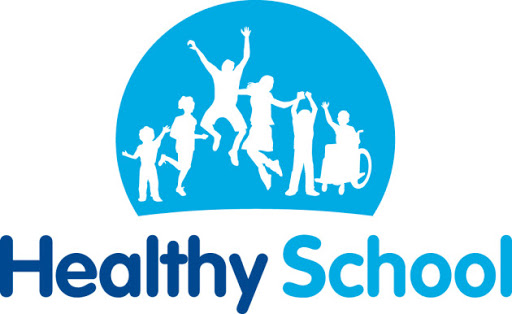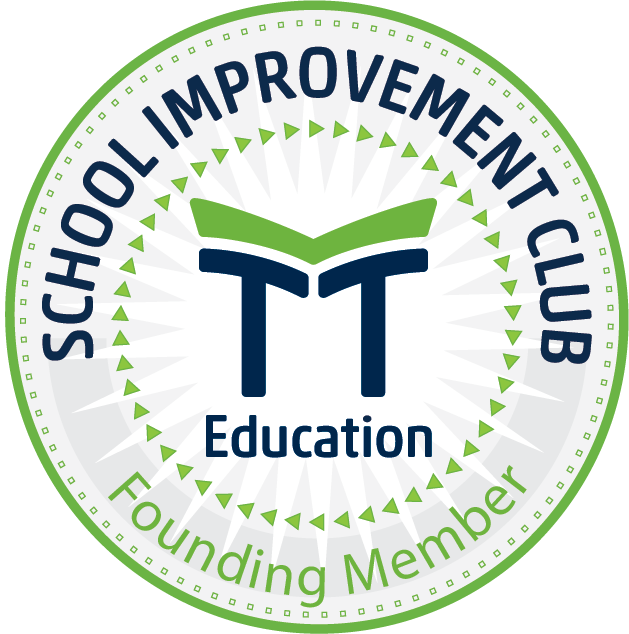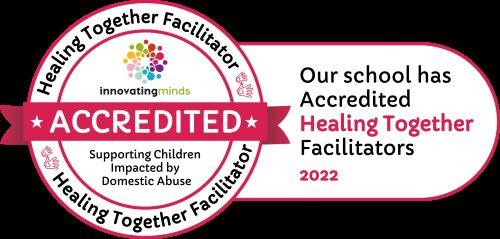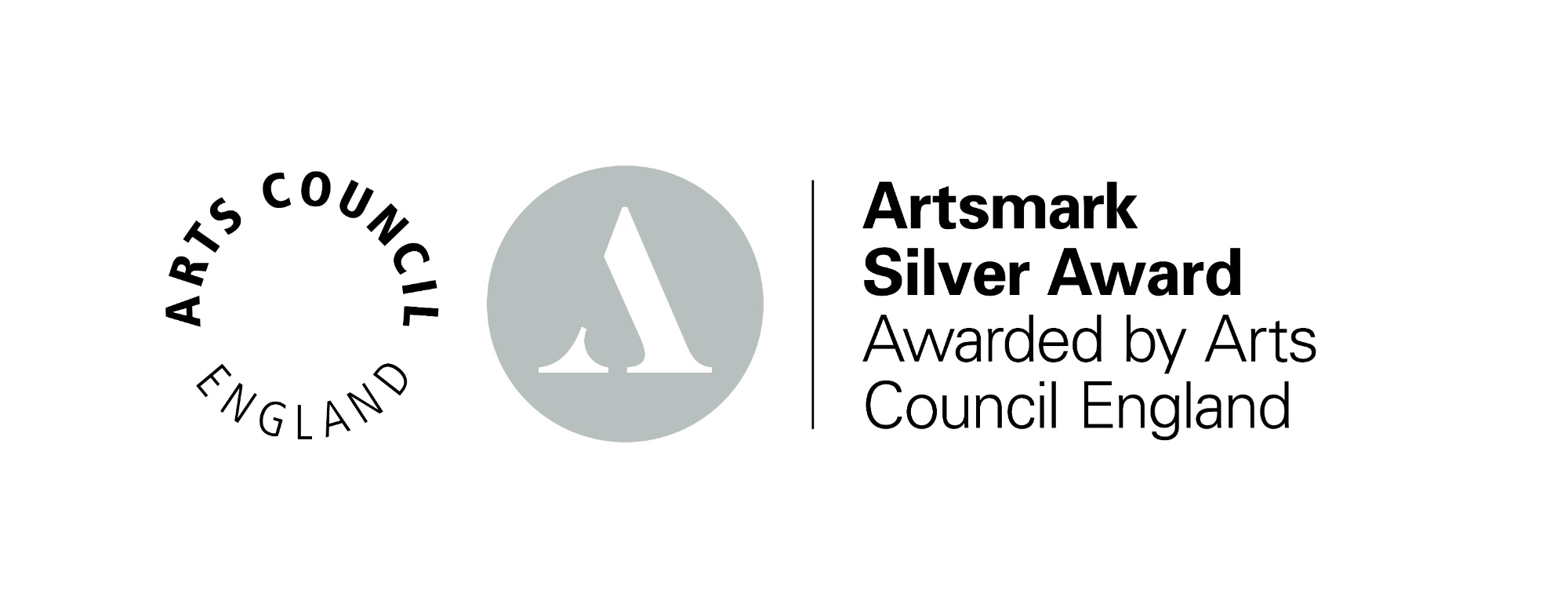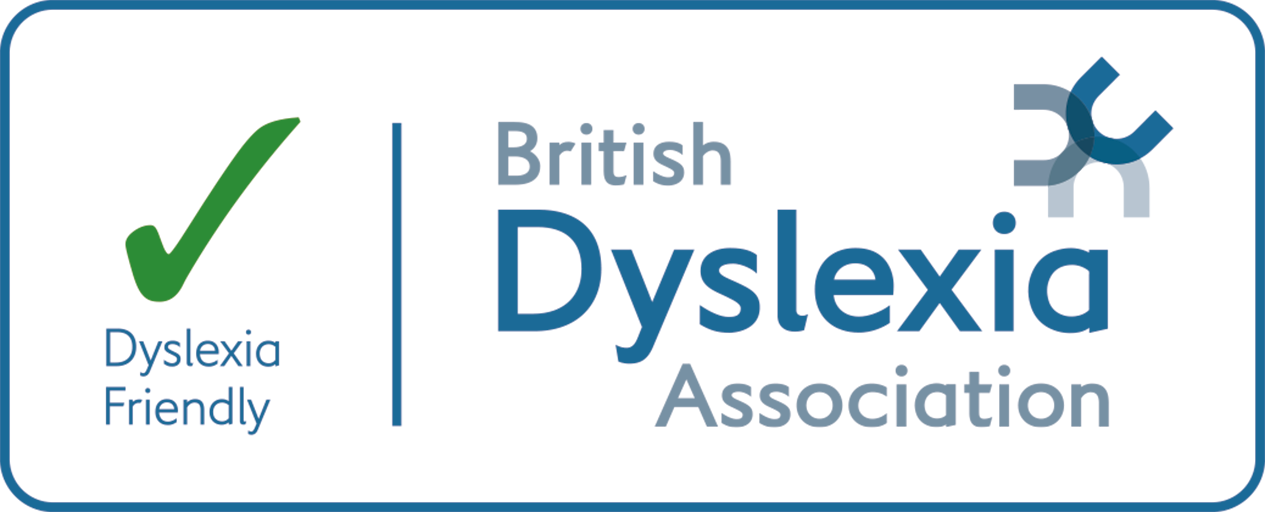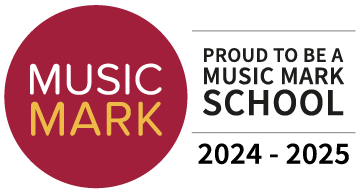Online Safety
Click here to go to our Safeguarding and Child Protection information
Please take a moment to read this page.
Pupils in our school use the Internet on a regular basis as part of their everyday learning. Technology enhances learning, and we want to ensure that our pupils get the most from it by encouraging responsible and appropriate online behaviour.
In school, we use a filtering system to prevent children accessing inappropriate content. Every term we work in class to refresh and remind children of the importance of online safety and how to stay safe online. Each February we take part in the annual “Safer Internet Day”, holding assemblies about how to stay safe online and organising activities in class to allow children to show their understanding and learn more.
Filtering
Filtering is designed to restrict or control the content a user can access on the internet. It works by preventing predetermined words, phrases and URLs (Uniform Resource Locator - also known as the website address) from being delivered to the user.
Monitoring
Monitoring works differently – rather than blocking data, technology based monitoring systems operate in the background and look out for pre-set words and phrases on the internet or word documents.
We work with the NSPCC and E2BN to offer parents talks and workshops on how to support and safeguard children when they are online.
At home, children can sometimes be given unsupervised access to the Internet. This potentially allows them to access all kinds of society (both good and bad) and bring it into their homes. We encourage parents to maintain a regular dialogue with their children to understand how their online lives develop and change over time. This helps to ensure that the important messages given out in school are reinforced at home.
Here are some tips and useful links to help you keep your children safe online:
Talk to your child about what they are doing online and, wherever possible, use online devices in a shared area at home so that you can all share in the various apps and sites that are available online.
CLICK HERE for the Online Safety Policy.
Instagram, Snapchat, Twitter etc:
Many of these sites have a minimum age limit of 13, so our pupils should not be using them.
PS4/5, X-Box Live etc:
Many games consoles come with the ability to play others online. Parents should be aware of who their children are playing and communicating with.
Always ensure your child knows how to block or report people online who send nasty or inappropriate messages or content. Encourage your child not to retaliate or reply.
Make sure your child knows to tell an adult they trust if they see something online that makes them feel scared, worried or uncomfortable.
Remember that parental control tools are not always 100% effective and sometimes unsuitable content can get past them, so don’t rely on them alone to protect your child.
Switching off or limiting Internet access at home doesn't stop children accessing the Internet if they have 4g/5g data - which most do have these days!


